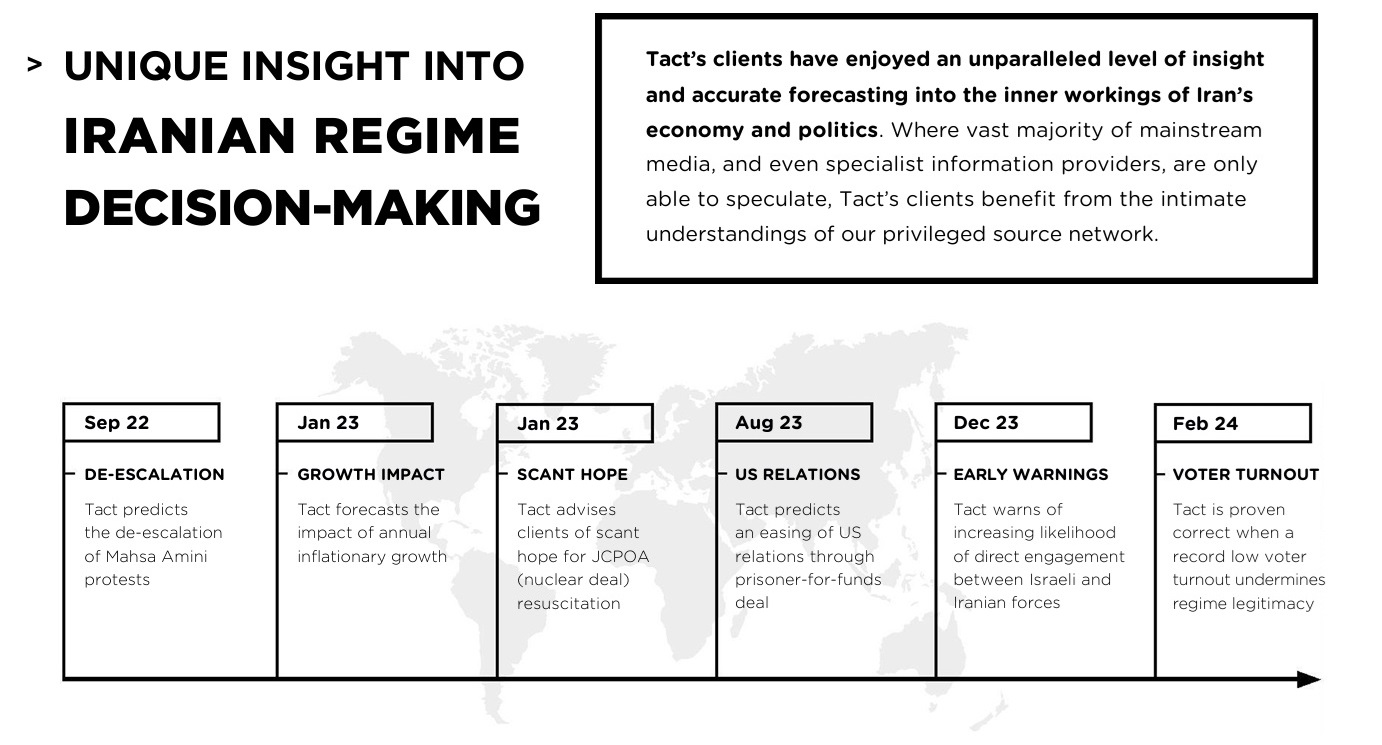
In September 2022, two weeks into the Mahsa Amini protests we said that “precedent suggests that the regime will crack down hard on the protesters and, eventually, they will go home. It appears unlikely that they will cause the government to grant concessions or seriously undermine its authority; too many Basijis are willing to use overwhelming force to protect the regime.”
In January 2023 we explained that “protests will continue, but fail to achieve critical mass, while the regime will further repress minority ethnic groups…” This was exactly what happened – the movement effectively fizzled out after the regime cracked down hard, and prevented any coalescence around a leader or effectively articulation of an alternative to the regime.
In January 2023 we told clients that “Raisi’s government will not curb inflation in 2023” and “although most indicators are flashing red (and have been for months), the economy has further to fall and is likely to do so”. Inflation rose from 40% in 2022 to 45% in 2023.
We also said “no progress will be made on bringing the JCPOA back to life – those prospects are dead in all but name”. The JCPOA was a nuclear deal negotiated during the Obama era between the West and Iran that sought to curb Iran’s enrichment of uranium in the ultimate pursuit of a nuclear weapon. President Trump tore the deal up, much to the ire of many European nations who then sought to salvage the deal in some form… to no avail.
In August 2023 we told clients that “a tentative agreement involving a prisoner-for-funds deal between the US and Iran has been indicated, suggesting a strategic slowdown in Iran’s uranium enrichment and regional militancy as part of the deal”.
A prisoner-for-funds deal ensued in September 2023, and enrichment activities reduced in the following months, leading to an easing of tensions.We were still positive that a devaluation was on the cards but we were also positive that we would not see it until the New Year, after the Presidential elections had been held.
In December 2023 we warned that “the killing of a senior IRGC officer in Damascus, seemingly by Israel, could yet trigger increased direct engagement between Iranian and Israeli forces”. Months later Israeli forces destroyed Iran’s consulate in Damascus, killing seven members of its shadowy Quds Force, and prompting Iran to fire missiles and drones from Iranian soil into Israel for the first time ever.
In February 2024 we forecast that we “expect to see record low turnout this week in the legislative elections… and victories for hardliners in both the Majlis and Guardian Council”. Turnout on 1st March 2024 was <41%, the lowest ever, undermining regime legitimacy.
In April 2024 Tact advised clients to “look past the histrionics of the press and news media” after Iran fired hundreds of drones and missiles into Israel. We explained that “Iran has now achieved the symbolic response that it needed to satisfy its domestic audience (civil, military, regime). Israel sustained very little damage and, whilst it might be prepared to do so, has no desire to fight a multi-front war. Cooler heads are more likely to prevail. We anticipate a cooling, a gradual de-escalation.” Contrary to the predictions of the press, and as we had advised, the situation did indeed cool and escalation into a wider regional-level conflict did not occur.

